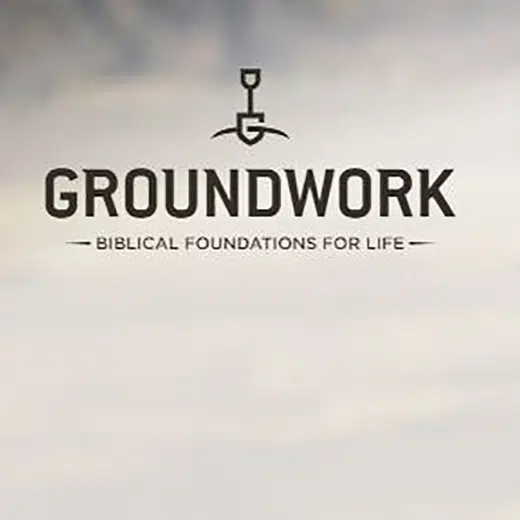PARIS (Reuters) – Student Jules de Biase is fully vaccinated and has no COVID-19 symptoms, but on Wednesday, ahead of seeing his elderly grandmother over the Christmas holidays, he took a test to be certain he was well.
“It’s better to be sure you’re negative,” he said.
Many others agree, as the Omicron variant spreads rapidly across France and the rest of western Europe in the run-up to the festive period.
Laura Korniak, a 29-year-old communications specialist, said she was also getting tested as a precaution.
“I wanted to test before joining my family to celebrate Christmas,” she said.
COVID PCR and antigen tests are free for people in the French social security system and vaccinated. For others, the tests are some of the cheapest in Europe, with an antigen test typically costing about 25 euros ($28.27) and a PCR costing less than 50 euros.
President Emmanuel Macron’s government has resisted further restrictions on public life to beat back the Omicron surge, counting instead on a vaccine booster campaign. France already demands a health pass to enter bars, restaurants, museums and other entertainment sites.
Health Minister Olivier Veran on Wednesday said Omicron would soon become the dominant variant in the country with cases forecast to hit 100,000 new infections per day by the end of the year.
Pharmacists said they were struggling to keep up with the demand for testing.
“Two weeks ago if we did 50 tests in a day it was a long, difficult day. Now we’re at 200 a day easily,” said Farah Ghalawinji, a pharmacist in Issy Les Moulineaux near Paris.
“There’s a lot of demand for home-testing kits and now we’re out of stock.”
($1 = 0.8843 euros)
(Reporting by Antony Paone; writing by Richard Lough; editing by Barbara Lewis)






